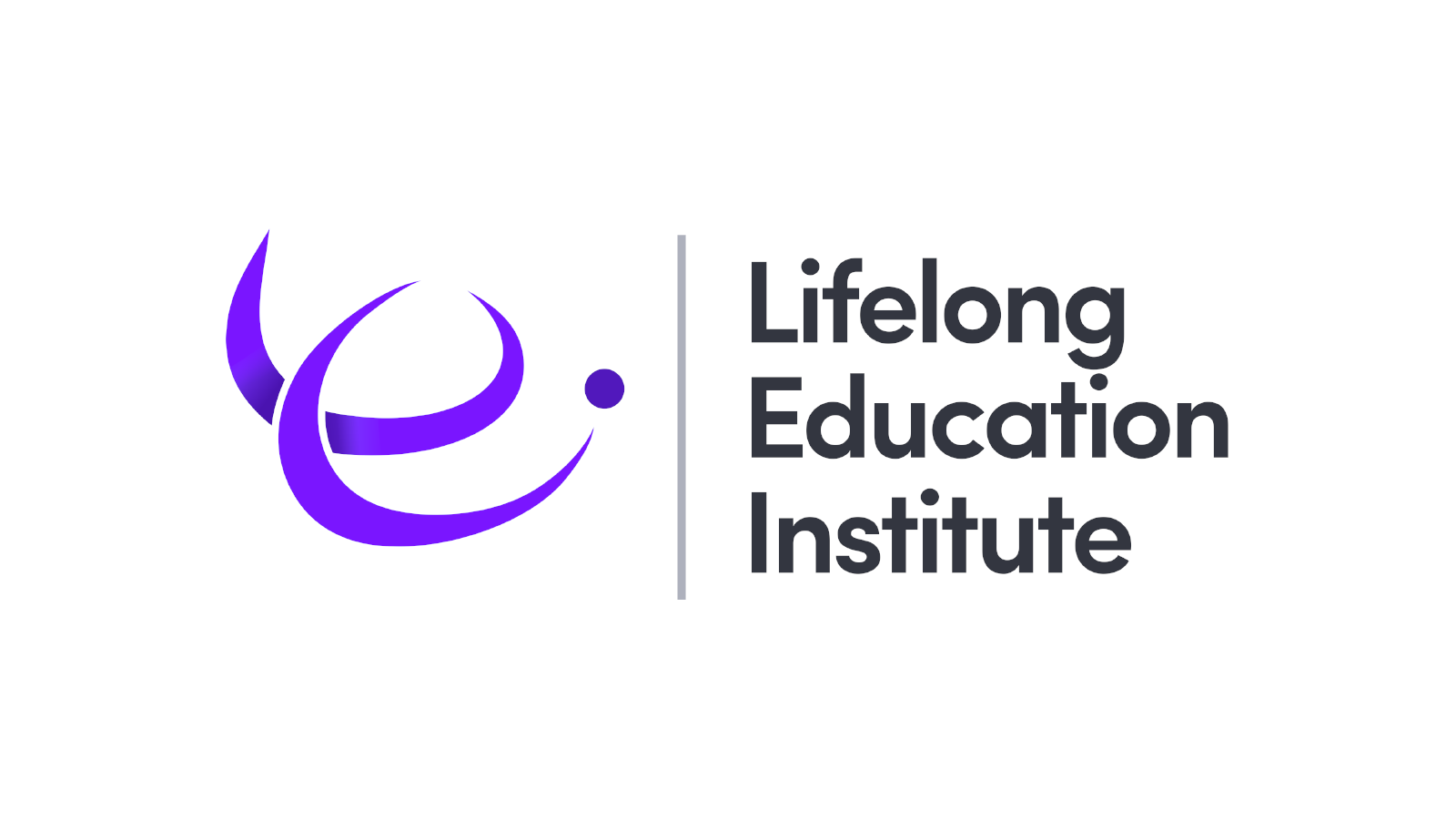The Lifelong Education Institute welcomes today’s announcement that the Lifelong Learning Act has received royal assent. The newly-rebranded Lifelong Learning Entitlement is a vital intervention in the UK skills and education landscape, and represents a significant advance in the bid to put new training and upskilling opportunities within reach of people at every age and career stage. It lays the groundwork for a comprehensive overhaul of tertiary education funding in the UK, which has to be based on a model of co-investment between Government, businesses, and individual learners.
Many of the details of the Lifelong Learning Act are consistent with the Government’s response to the LLE consultation in March this year. In that respect, the LEI remains convinced that Government can do still more to realise the promise of the LLE. Eligibility for LLE funding must be expanded upwards to cover full course funding from not just levels 4–6, but levels 7 and 8 as well, to fully integrate the UK tertiary education system. Prioritising modular LLE funding for level 4–5 technical courses cannot stand in the way of helping tertiary providers to modularise the widest possible range of their existing teaching provision—and this help has to be phased in much sooner than the 2027–8 academic year. And the minimum funding boundary for LLE funding must be lowered to 10 credits, so that learners can benefit from the growing availability of microcredentials.
All the same, there are signs of gradual progress in the structure for the LLE outlined in the Act. For instance, it is gratifying to see the plans for an online personal LLE account starting to take shape. It is high time that Government shakes off the long shadow cast by the New Labour-era Individual Learning Account scheme, and finally create a transparent portal for learning finance and advice accessible to everyone in the UK. For this to work, introducing a standardised transcript template for all tertiary education providers to record learners’ achievements is a crucial harmonising step. The next stage of this would be to introduce a comprehensive, interoperable credit transfer, accreditation, and quality control framework for full and modular courses to help learners, education providers, and businesses better grasp how much learning each LLE-funded qualification provides.

